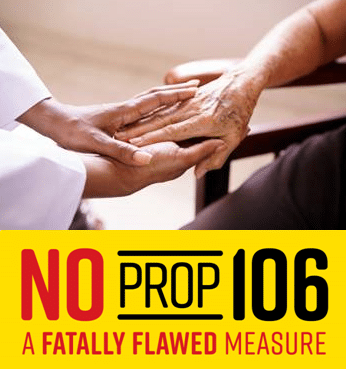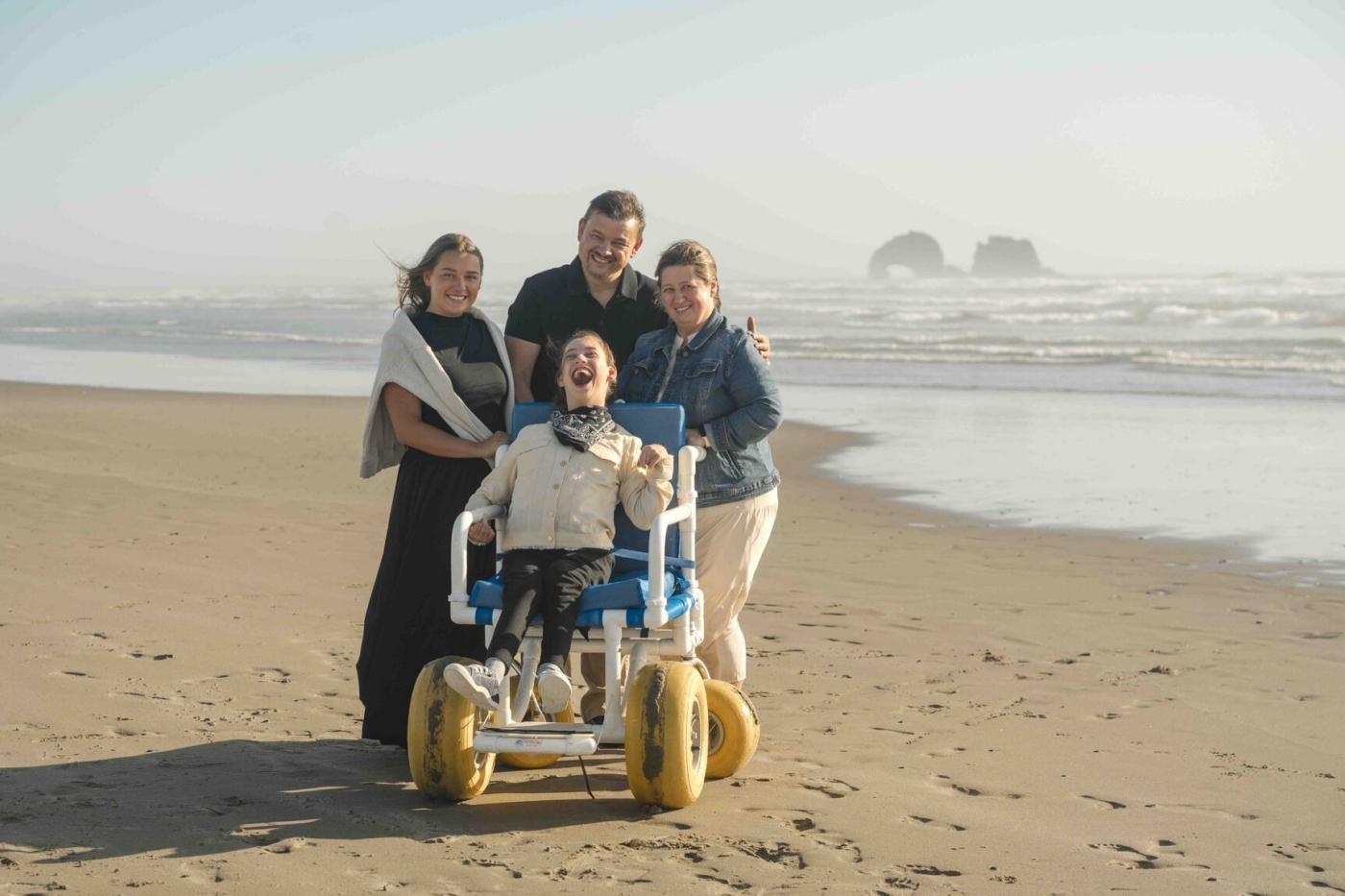Exposing Colorado’s Proposition 106

“How a person dies” should be a private matter between families and their physicians. There are already laws on the books that help people die with dignity – for instance, no one’s going to force you to take chemotherapy, or kidney dialysis; if the family has a power of attorney for a loved one who is mentally incapacitated, it is even legal for the family to refuse treatment on behalf of that loved one. Rather than legalize assisted suicide, we need more resources for better pain management, and more education for average families who are desperate to know ‘what’s the right thing to do’ in a world of confusing medical technology. I am part of a coalition of disability advocates that is against legalizing assisted suicide. I believe there’s already disability-abuse in such laws in Belgium, Canada, and the US – who is to say when ALS or MS becomes ‘terminal?’ People with very recent diagnoses of these conditions have opted for suicide – the problem wasn’t their disability, it was their clinical depression, and that can be treated. If you have a friend in Colorado who is undecided about proposition 106, please share this post with them!


